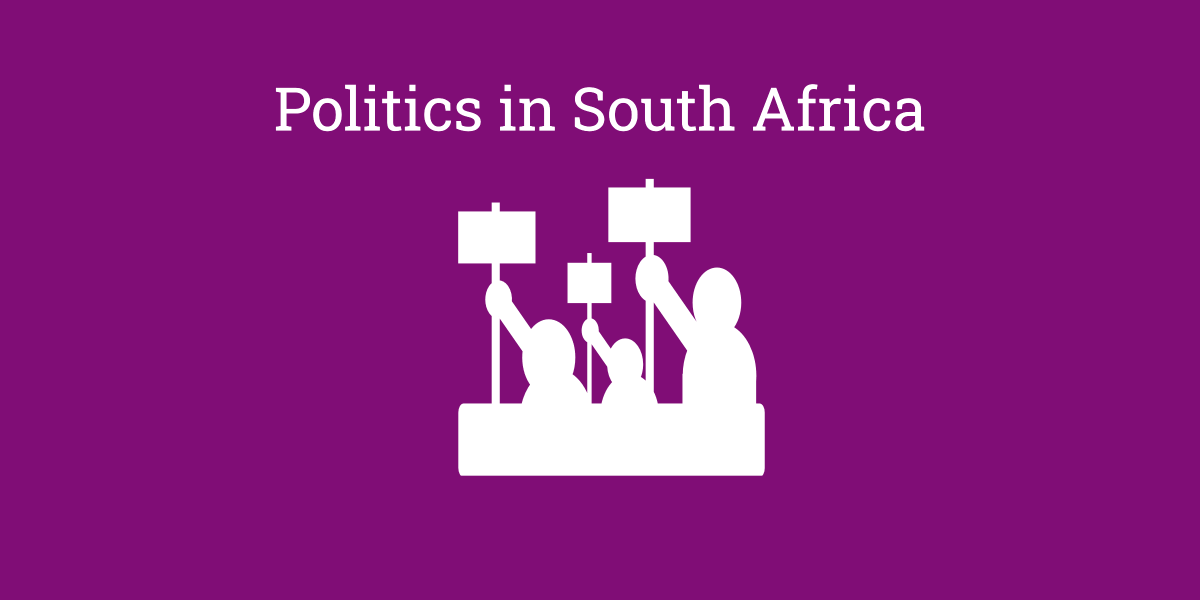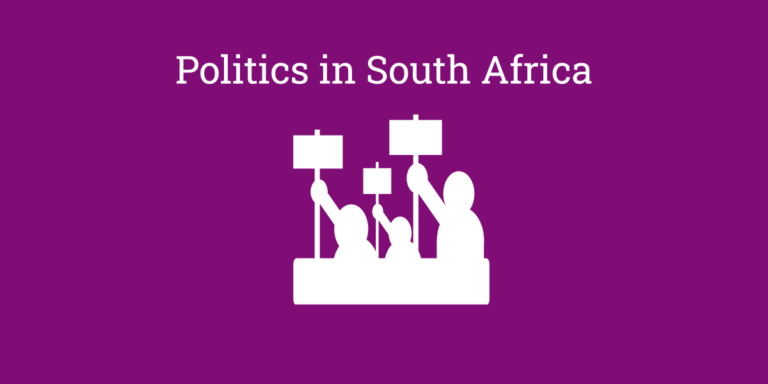As workers celebrate the 25th anniversary of the Congress of South African Trade Unions (COSATU), the whisper of “back to basics” is gaining momentum. This is reassuring, as the celebrations by COSATU suggest a lull in its political programme and raises the danger of what politicos call “triumphalism.”
Certainly there should be pride, as 25 years ago COSATU was launched in a context of political repression. Its very survival was under question. However, what the “back to basics” whisper suggests is that COSATU needs to be more introspective and imaginative in strengthening its power in society.
The “back to basics” message would be welcomed by sections of South African society, including in the ruling African National Congress (ANC), which argues that COSATU needs to play a less political role and focus on shop floor issues. However, even a cursory reading of COSATU’s recent Central Executive Committee meeting shows a confident trade union unafraid to speak it’s mind on tough and touchy political issues of the day.
Instead, the “back to basics” message could be interpreted as a need for reorientation and fresh strategies. The message both acknowledges that COSATU is powerful, but that it also needs reminders that its power and influence in society needs to be continuously constructed.
COSATU faces significant challenges in its continued long-term role. These challenges include an older union membership, new forms of economic activity that make organising difficult as well as a more fluid environment with a multiplicity of voices on public policy issues.
Thus, COSATU needs new forms of membership that it can utilise to mobilise sections of the working class that it has not traditionally organised. It also needs a membership system that shows solidarity with retrenched workers who cease being union members once they are fired. Beyond simply increasing numbers, these new forms of organisation are needed to reconstruct the power of trade unions. In turn, their continued strength would provide voice to their members as well as a wider section of the working class, including the unemployment.
This message has been brought home harshly in the aftermath of the economic recession in South Africa, which resulted in one million jobs being lost. In the face of a global economic meltdown, everyone including the largest trade union federation in South Africa felt miniscule in what could be described as the predictable outcome of “neo-liberal economic policies.”
The challenge is thus a daunting one not only in relation to organising new workers, but also demanding a broader responsibility to society to speak courageously on matters of principle and amplify the need for public policies that benefit the poor. If COSATU is to meet this challenge it requires new forms of organising.
Economic restructuring will continue to create an environmental context that is demanding for organising workers. For instance, COSATU lacks strong unions in the “knowledge economy” and is not yet poised to organise workers in the “green economy.” Workers in these sectors of the economy operate on employment contracts, distinct from traditional blue-collar work with benefits and centralised bargaining. Yet, in “new economy” jobs, employees endure working conditions that often circumvent labour legislation. Organising these workers requires new forms of trade union membership and new forms of representational rights.
At the other end of the spectrum, COSATU needs stronger unions in the agricultural sector and for domestic workers. COSATU has soldiered on organising these hard to organise sectors, but has struggled to organise seasonal farm workers and domestic workers. The central stumbling block is that membership to COSATU affiliated unions assumes a regular monthly income and with it the ability to pay subscription fees. In a world with increasing levels of flexibility in employment, the old criterion for membership is limiting the organising capacity of trade unions.
Experiments to organise informal traders, build social movements and even new forms of union membership offer important lessons.
For instance, the organisation of informal workers often does not take place on the basis of industry, but rather on the fact that workers are informal. In other instances, the focus is purely on organising by creating autonomous bodies that are tasked with servicing members. The traditional trade union model is based on organising and then servicing workers, but organisation and providing voice to vulnerable workers might provide a solid platform for self-organisation — and an injection of new ideas into the trade union movement itself.
One area that COSATU has ventured creatively into has been the development of coalitions with churches, non-governmental organisation and other civil society organisations. Examples abound of joint campaigns in the areas of social security, fiscal policy and on HIV/AIDS.
Here again, COSATU needs to strengthen and widen its interactions, in particular, with social movements. The relationship between COSATU and social movements has its ebbs and flows, however, by connecting grassroots community organisations to the labour movement, deeper and stronger alliances can be formed around public policy issues.
This will not be an easy task as there are deep ideological and organisational differences, in particular, as it relates to COSATU’s relationship with the ANC.
Presently, the public discourse on the Tripartite Alliance focuses on whether COSATU should remain in the Alliance or not, while judging its influence on economic and social policy. The discourse tends to offer as motivations for a break from the Alliance, structural uncertainty at the ballot box or a revolutionary role for a worker’s party. This discourse has become so embedded in society that even the National Working Committee of the ANC has raised questions of “regime change” in response to a recent civil society conference co-hosted by COSATU and the Treatment Action Campaign, a prominent civil society organisation.
A deeper understanding of the real politics suggests that COSATU has calculated that its best option to advance its agenda is by remaining in the Alliance. However, it has also learned from the Polokwane conference that the best way to contest policies within the ANC is not only by “flooding the ranks of the ANC,” but also by building a network of coalitions throughout society.
In other words, it can influence and have an impact on ANC policy developments by winning arguments in wider society.
Clearly, there is a delicate balancing act between organising new types of work and working with social movements on the one hand, while simultaneously engaging in the complex web of ANC politics on the other. A day may come when COSATU may need to decide on one or the other, but this is dependent on many unknown factors.
However, by widening union membership to include lifetime membership and introducing new membership models COSATU has the potential to extend its influence and power and in so doing develop strong coalitions with civil society as well as relations with the emerging business sector in South Africa. Such a coalition would represent the best hope for structural change in a society with high and persistent inequality.
If we classify COSATU as being crucial to changing power relations with the intent of reducing poverty, unemployment and inequality, then the trade union federation shoulders a huge responsibility. In playing this demanding role, COSATU will need to be reminded that despite it’s powerful position, the economic changes that we are witnessing will require new ways to organise, represent and service its members.
The “back to basic” message is thus an important reminder that not only does power concede nothing without demand, but also that building a more equal society will require bold leadership and skilled contestation over the choices we make as a country.
This article was first published under creative commons license on South African Civil Society Information Service website.

